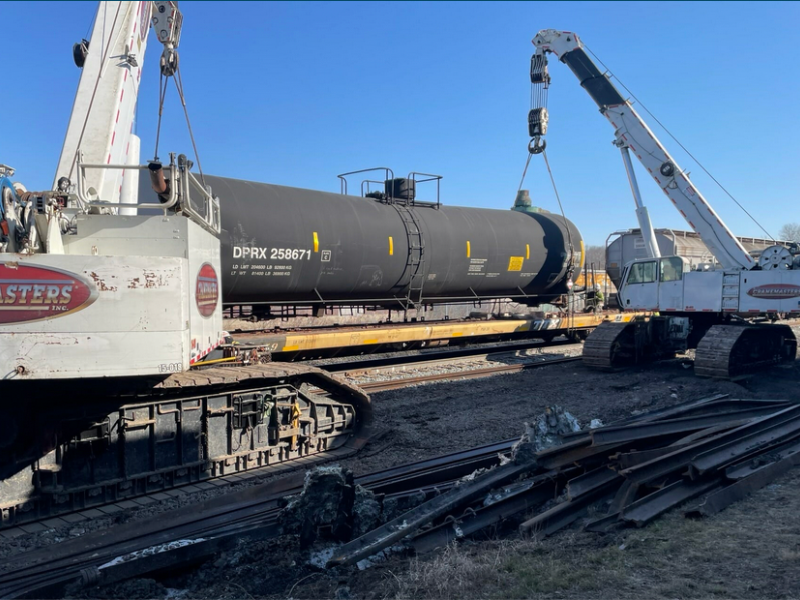Diana Marszalek 01 Mar 2023 // 11:25PM GMT

NEW YORK — The railroad Norfolk Southern, which is under fire for its handling of the devastating East Palestine, Ohio train derailment, has tapped Weber Shandwick to help manage the fallout from the crisis, PRovoke Media has learned.
PRovoke Media understands that Norfolk Southern, one of the country’s largest railroads, didn’t have a relationship with Weber Shandwick before the Feb. 3 derailment, which sent toxic chemicals into the surrounding area’s air, water and soil.
Weber Shandwick did not respond to request for comment.
Heavily criticized for its handling of the accident — which included a controlled release of a carcinogenic gas — Norfolk Southern has been the target of scorn from residents, concerned about long-term health effects resulting from the most high-profile environmental disaster in years.
The derailment has also become highly politicized.
CEO Alan Shaw will appear before a US Senate Environment and Public Works Committee hearing on March 9 following calls from Senate Majority Leader Chuck Schumer for him to explain “why they thought it was a good idea to spend years lobbying to loosen regulations designed to prevent accidents like this.
"And I especially want to hear why Norfolk Southern, after seeing a record $3.3 billion in profits last year, prioritized billions in stock buybacks instead of putting that money towards safety and towards their workers,” Schumer said.
The railroad will undoubtedly face mounting legal challenges as well. Lawyers, having flocked to the town of 4,700, have already filed at least a dozen federal lawsuits representing residents.
Norfolk Southern, meantime, has pledged to cover all cleanup costs, and has started making financial overtures to the impacted town.
Norfolk Southern so far has committed $11.4 million to the East Palestine community including residents’ reimbursements and donations to the local schools and fire department.
In the Washington Post, Shaw defended Norfolk’s response to the “devastating derailment,” saying it is “operating with a sense of urgency” in its handling of the cleanup and railway safety.
“We’re working with the EPA on a long-term remediation plan. We’re continuing to test. We’re reimbursing citizens. We’re investing in the community to make it thrive, and we’re working with the entire industry on making it safer,” Shaw said.



































.jpg)


















